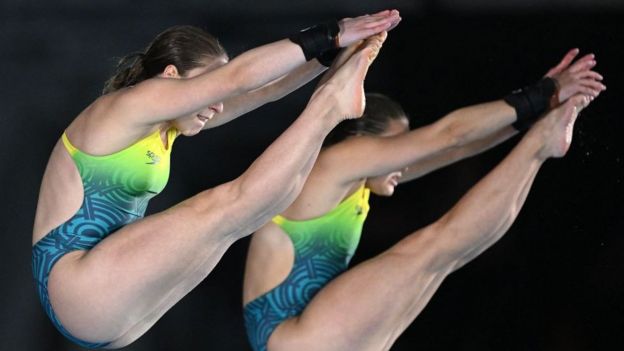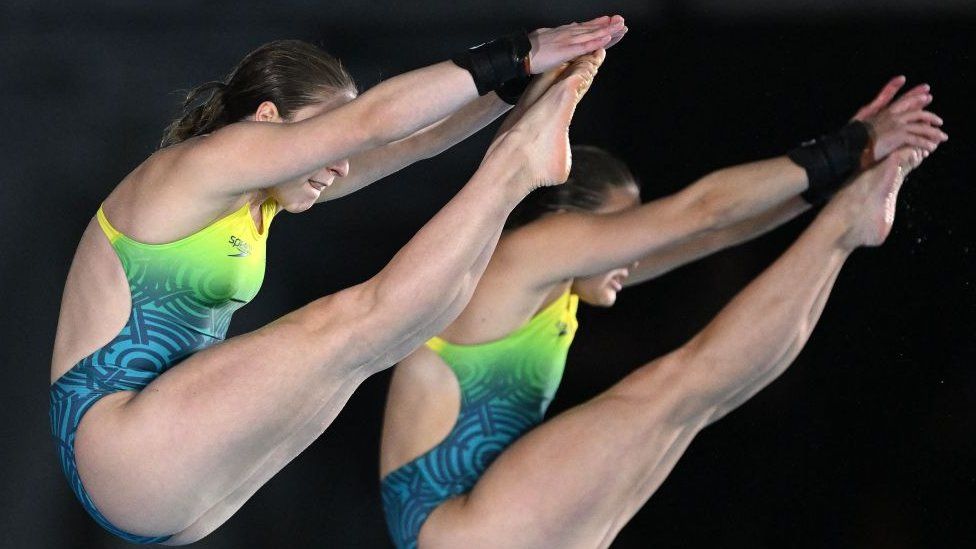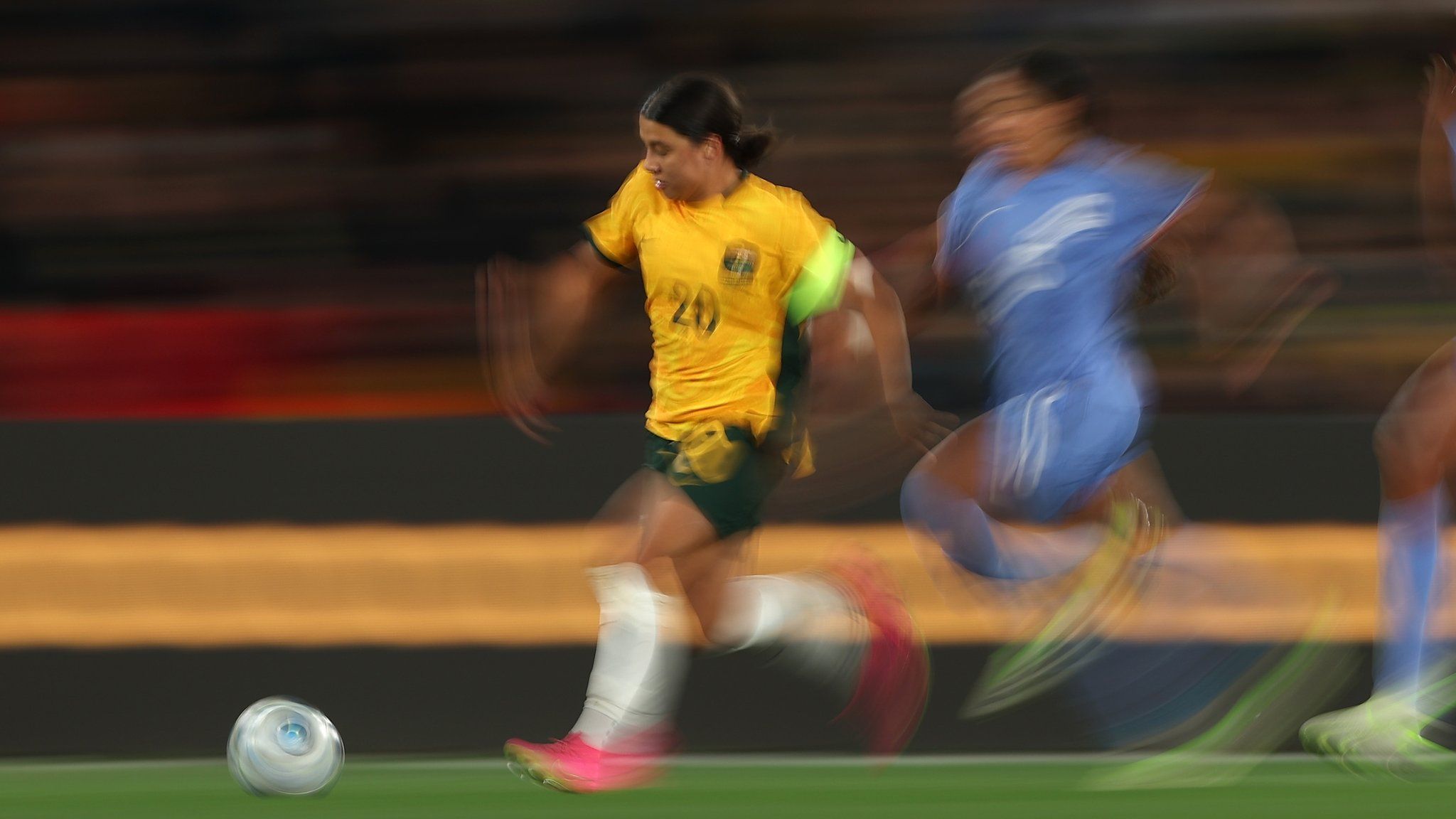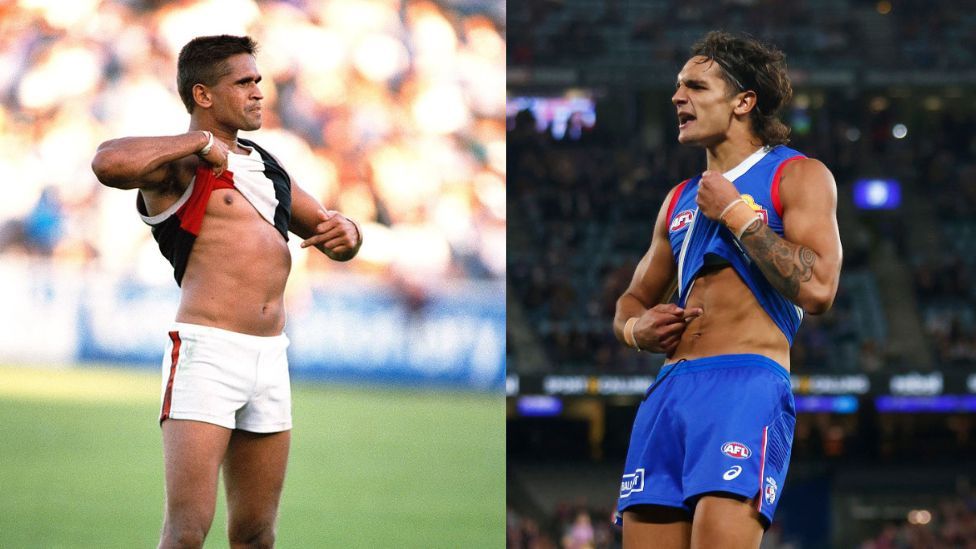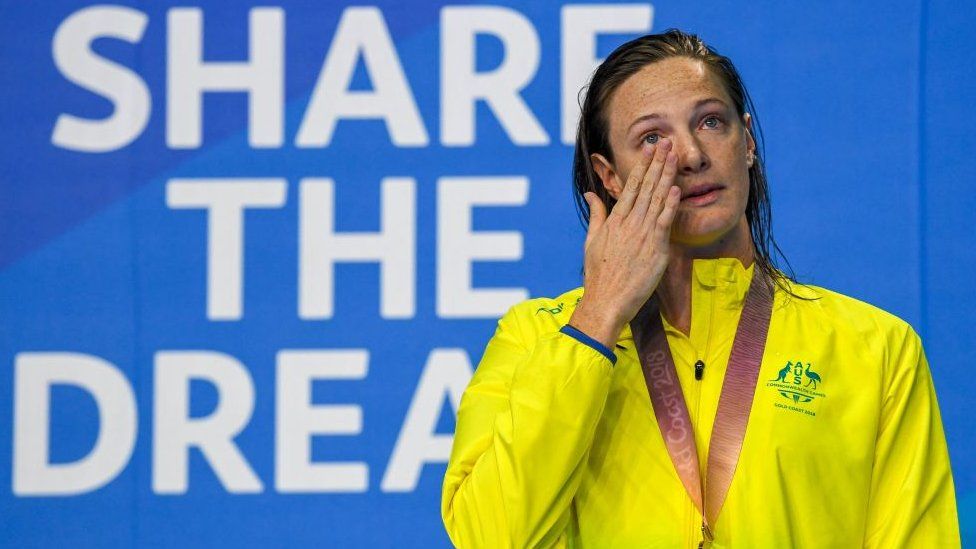
Fifteen months ago, a proud Daniel Andrews strode into a regional Australian stadium and announced Victoria state would host the 2026 Commonwealth Games – promising “a games like no other”.
But on Tuesday Mr Andrews – decidedly less jubilant – faced a media pack as he tersely revealed the state he leads would walk away from its contract.
It throws plans for the event into chaos and the future of the Games into doubt.
After a tough few years for organisers, experts say this could be the final straw.
“This could spell the end of the Commonwealth Games,” says Steve Georgakis, a sports studies lecturer at the University of Sydney.
“It could be a death knell,” Australian sports historian Matthew Klugman agrees.
How did we get here?
Finding a host for the 2026 Games was always a struggle.
The Commonwealth Games Federation (CGF) had originally aimed to name a city in 2019, but hopeful bidders fell like dominoes – mostly over cost concerns – leaving organisers unable to lock in a host until three years later.
Mr Andrews, the state’s premier, says organisers had approached his government, and initially they were “happy to help out”.
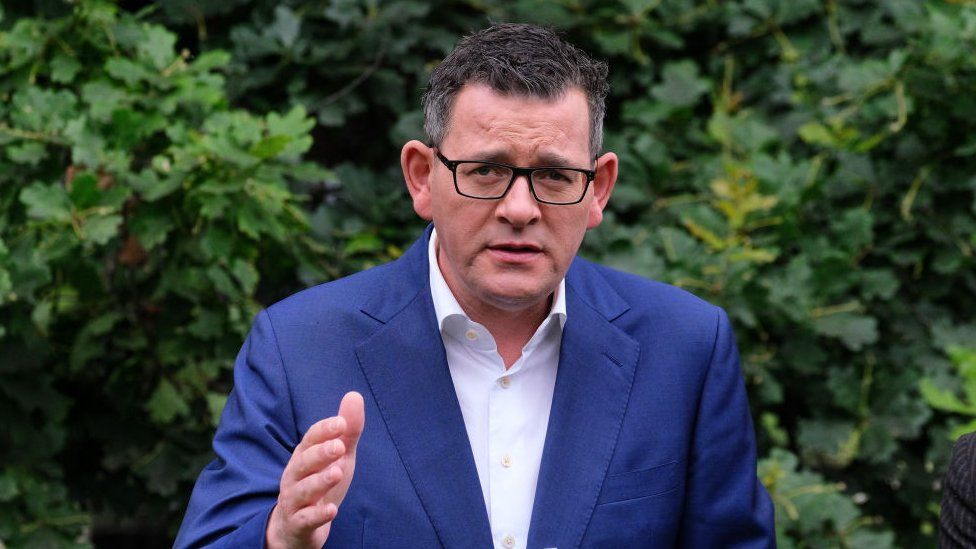
The event was supposed to be a massive boost for the regional cities hosting it, at a cost of A$2.6 billion (£1.4bn; $1.8bn).
But the cost of staging the 12-day Games had ballooned to more than A$6bn, Mr Andrews said.
“I’ve made a lot of difficult calls, a lot of very difficult decisions in this job. This is not one of them,” he told reporters.
The CGF say they were blindsided by Victoria’s decision, and dispute the estimates.
The body also cited the state’s “unique regional delivery model” as the primary reason behind rising costs.
CGF’s Australian arm – Commonwealth Games Australia (CGA) – said they’d look to convince other state governments that the numbers were a “gross exaggeration” and the investment is sound.
“We are taking advice on the options available to us and remain committed to finding a solution for the Games in 2026 that is in the best interest of our athletes and the wider Commonwealth Sport movement,” CGF said in a statement.
But this is a sadly familiar problem for the CGF.
It struggled to find viable takers for the 2022 event too.
Durban was supposed to be the first city in Africa to stage the Games, but were stripped of hosting rights in 2017 after running into money troubles and missing key deadlines.
Nine months later, Birmingham and the British government intervened to save the event, stumping up a combined $1bn for what became the best attended Commonwealth Games on record.
Now just three years out from the 2026 Games – a short window in which to pull together a global, multi-sport event – the CGF is hunting for a saviour.
But it looks like an uphill task.
Already, the leaders of every other Australian state have ruled out picking up the tab.
Western Australia’s premier Roger Cook called the event “ruinously expensive”, saying “the Commonwealth Games aren’t what they used to be”.
And while New South Wales was widely seen as the most viable Australian alternative due to its existing infrastructure, its premier Chris Minns said, “hosting the Commonwealth Games would be something nice to do. Schools and hospitals are must do’s”.
Australia’s last host city – the Gold Coast, which held the event in 2018 – says it would be “impractical to think that any city could step in now with such a short timeframe”.
And even if it was possible, few countries have the means.
Just one Games has been held outside the UK or Australia in the last 20 years – the 2010 outing in the Indian capital, Delhi.
Originally expected to cost $270m, India ended up spending 16 times that – almost $4.1bn.
Australia is one of the richest nations in the Commonwealth, and, Dr Georgakis says, historically the event’s most enthusiastic supporter.
“If Australia can’t host the Games, well, what chance does one of the small former colonies have?”
Dwindling relevancy
But it isn’t just cost at play here.
Critics of Victoria’s decision point out the state blows a lot of money on similar global sporting events – for example, it’s spending millions to jointly host the FIFA Women’s World Cup, which begins on Thursday.
Mr Andrews anticipated this, repeatedly stressing that the 2026 Games just didn’t deliver a “return on investment” like other events.
“[It’s] all cost and no benefit,” he said.
Experts say the competition’s global image and perceived relevance are waning.
Firstly, the event doesn’t attract the same star power it used to.
Last year several leading names opted to miss the Games, including British diving champion Tom Daley, Australian swim darling Cate Campbell, and track stars Andre de Grasse, Shelly-Ann Fraser-Pryce and Shericka Jackson.
Sprinting great Usain Bolt once reportedly made a disparaging remark about the event – he claims he was misquoted, even though the journalist published a transcript.
“There’s much less interest than there used to be,” says Dr Klugman.
“It’s not the phenomenon that it was even in the 1990s. It does reflect a changing world.”
Part of that changing world is a growing indifference to the original purpose of the Games.
Initially called the Empire Games when they began in 1930, the competition was a tool to keep the colonies of Britain together, historians say.
“And in an empire that’s starting to crack under a whole heap of challenges, it is still seen as a chance to maintain and solidify power,” Dr Klugman says.
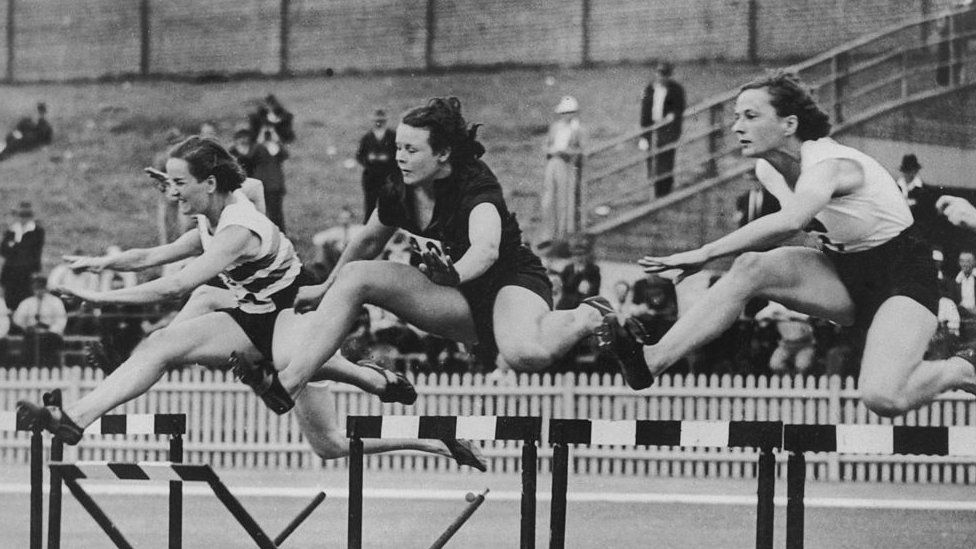
But more and more former colonies are distancing themselves from Britain, with many either becoming republics or, like Australia, weighing it up.
“The Australia of 1938 is very different to Australia in 2023,” said Dr Georgakis.
“It’s hard to get people that are not from a British background buying into this concept of uniting Australia with the mother country and the other former colonies.”
Combined with that is heightened awareness and scrutiny over the colonial history of the competition.
In 1982 the games were branded the “Stolenwealth Games” by Indigenous Australians, a moniker it hasn’t been able to shake.
“It’s called Stolenwealth for a good reason,” says Klugman. “These were the places where value was extracted and taken back to the heart of the empire.”
And with Australia in the grips of both a cost of living crisis and a debate over recognising its Indigenous people in the constitution, some say pouring billions into the Games would be a terrible look.
A ‘strategic’ rebrand
The CGF knows it is in a fight for the Games’ survival.
Its president, Dame Louise Martin, in 2018 said it was facing an “existential crisis”.
“In recent times, our federation has done a lot of soul-searching to look at our impact and meaning,” she said.
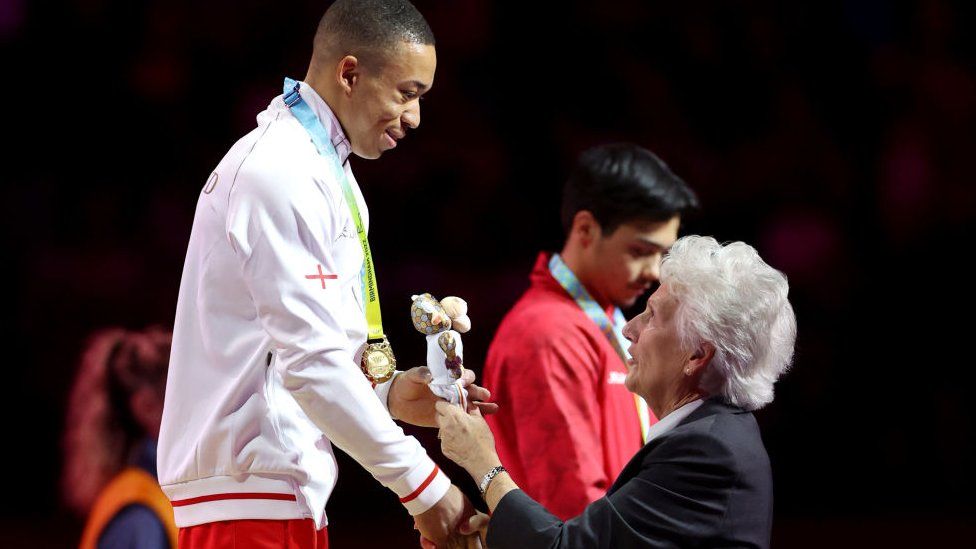
And in a strategic plan covering the next decade the organisation said: “There is no easy way of saying the Commonwealth has a challenging history linked to colonial roots.”
“Work has already started to alter the focus from the hegemony of the British Empire to one of global peace.”
It is unclear what that means practically.
But for all the questions of its relevance, the Games remain deeply important to the athletes that compete.
For many sports like netball, it is the pinnacle of their competition, and many athletes have expressed deep disappointment at the decision.
Race walker Jemima Montag says it has robbed her of the opportunity of winning a third gold medal in front of a home crowd.
And Australian swimmer Rowan Crothers points out the cancellation is particularly painful for people with disabilities.
The Commonwealth Games is the only major international competition that features athletes with a disability alongside able-bodied athletes.
“[It’s] a great opportunity to raise awareness for disabled sport. Seeing the Games cancelled will suck for the state of inclusion,” he wrote on Twitter.
“For some athletes, a gold medal at the Commonwealth Games means more than a gold medal at the Paralympics… recognition and equality can mean more than achievement.”

